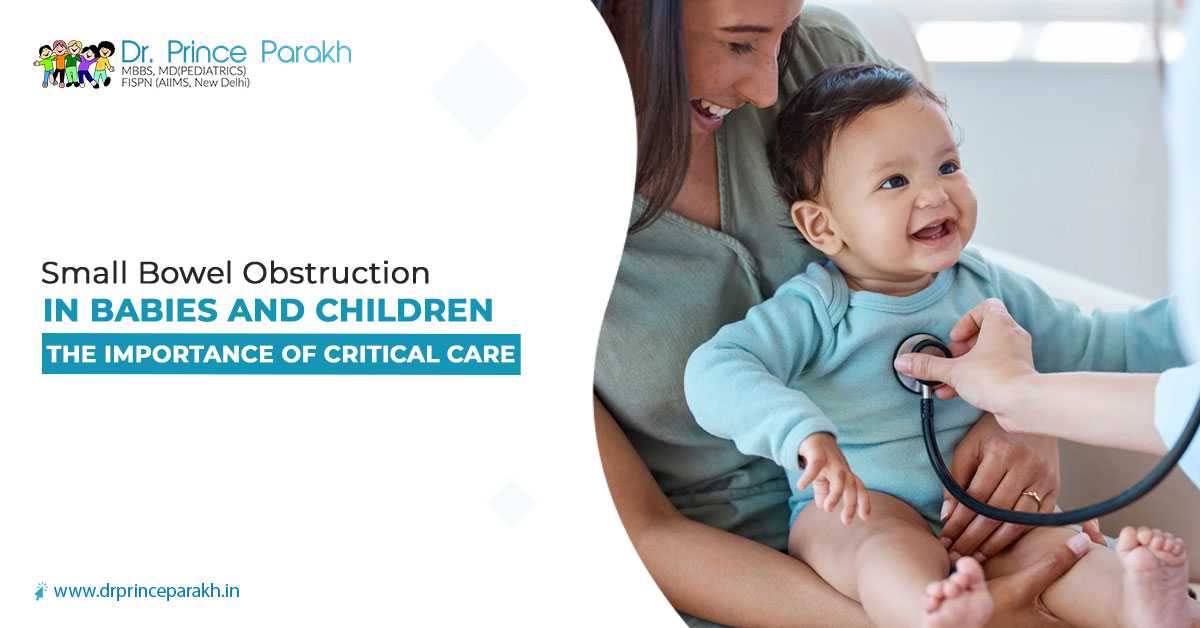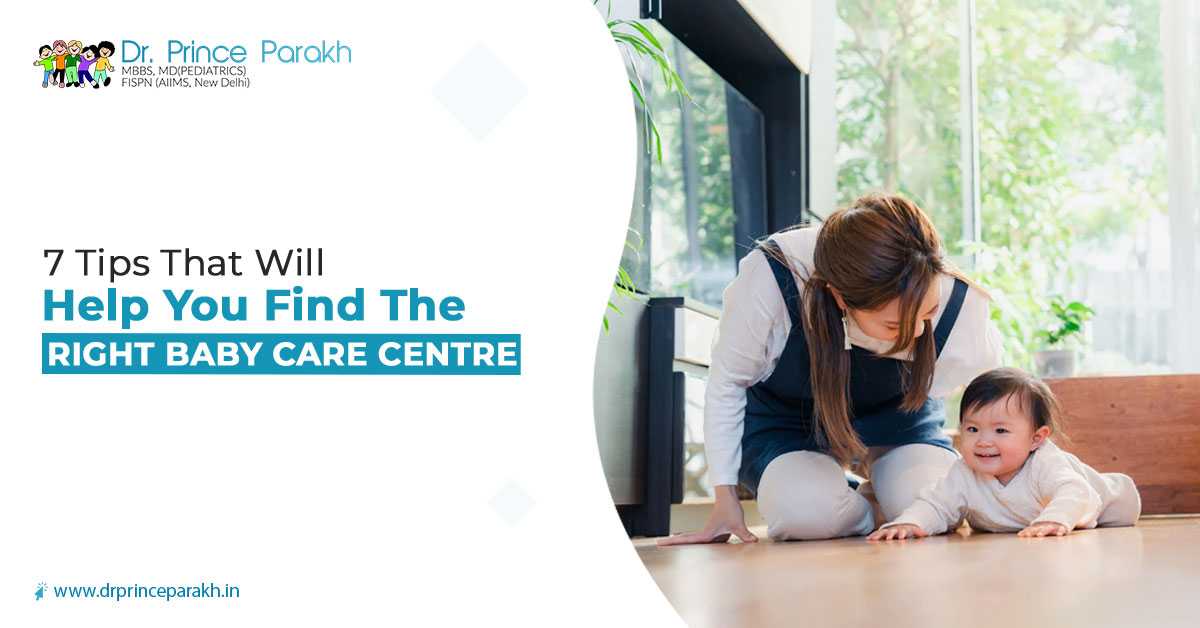JDM a.k.a. juvenile dermatomyositis is a childhood disease that affects muscle, skin, and small blood vessels. When this happens, the body's immune system attacks its own healthy muscle, skin, and blood vessel tissues. Due to inflammation from an overactive immune system, your child may face the symptoms such as muscle weakness and skin rashes.
To get relief from this disease, there are no better alternative to get in touch with a child specialist doctor in Siliguri who not only help your child to get relief from this disease but also helps to avoid other diseases.
Most parents don’t visit a pediatric doctor until their little ones get sick. But from a health perspective, you should visit once a month to check up on your kid’s health to avoid any unnecessary health issues.
Juvenile dermatomyositis is an autoimmune disease that is common and affects children between the ages of 2 and 15. The exact cause of this disease is unknown. But in medical research, it has been seen that your child's body’s abnormal immune system is responsible for this disease.
Juvenile Dermatomyositis: Symptoms
- Fever
- Fatigue
- Calcinosis
- Dysphonia
- Lung problems
- Severe abdominal pain
- Sore and swollen joints
- Difficulty with everyday activities
- Rashes on the face, eyelids, and cheeks
Juvenile Dermatomyositis: Diagnosis
Diagnosing juvenile dermatomyositis can be difficult thus, early diagnosis with your pediatric doctor is important to prevent permanent muscle damage to your child. If your child has a skin rash or muscle weakness, make an appointment with your pediatrician.
After visiting, your child's doctor will check the symptoms and medical history of your child and ask for certain tests that can help diagnose juvenile dermatomyositis such as:
- Blood tests
- MRI
- Muscle or Skin biopsy
Juvenile Dermatomyositis: Treatment & Recovery
After proper diagnosing and depending on the severity of the disease, your child specialist doctor in Siliguri will determine the right treatment options for your child. To control inflammation and prevent tissue damage your child’s doctor will prescribe a few medications such as:
- Immunosuppressants
- Corticosteroids
- Intravenous immune globulin
- Other medications
These will not only help to improve the muscle strength of your child but also help to relieve pain. In addition to medication, your child will need assistance with diet, physical therapy, and speech therapy to improve their health. The medications your child takes are determined by their current condition.
The majority of child patients fully recover within a few months. If your child suffers from calcinosis, cardiopulmonary issues, or permanent muscle weakness and stiffness for an extended period of time without treatment, the risk of juvenile dermatomyositis complications may increase.
Keep in mind that dermatomyositis in children can last a lifetime. Thus, a proper treatment plan is necessary for your child so that they will recover quickly and live a healthy and happy life.







